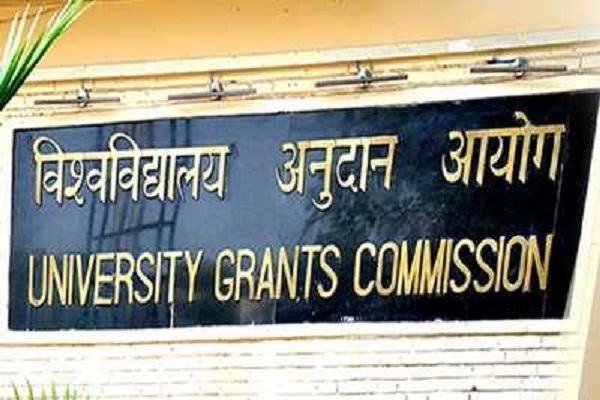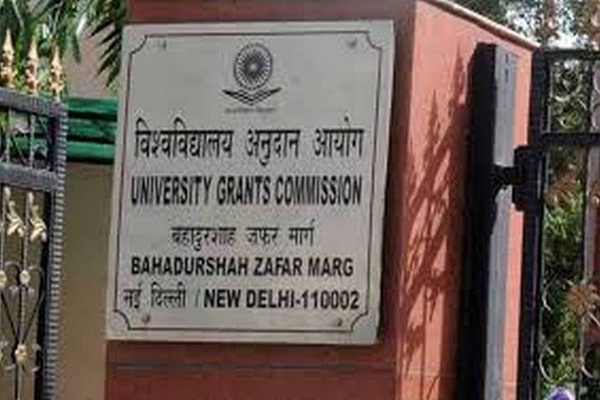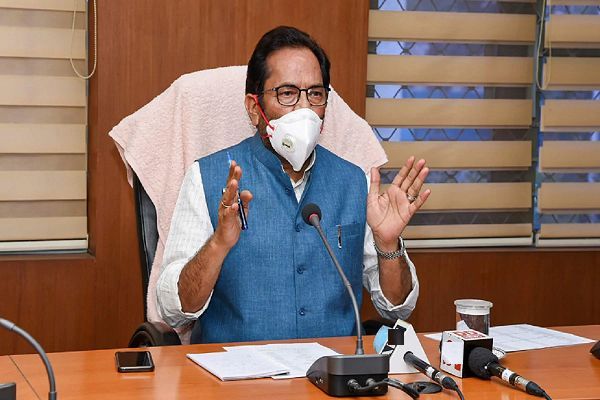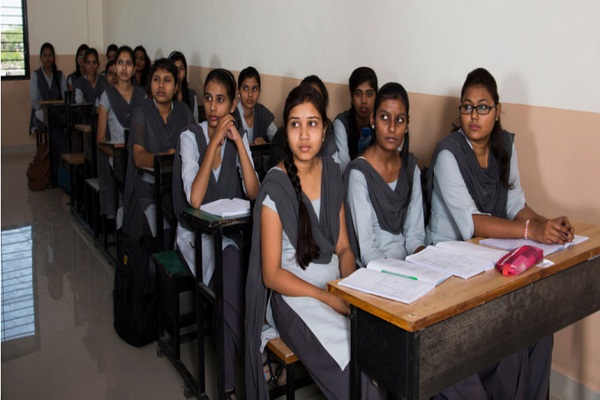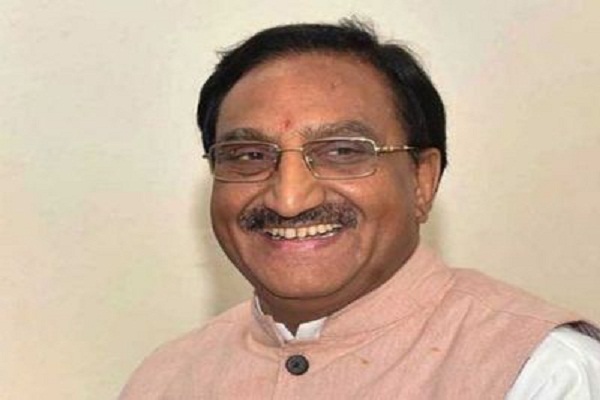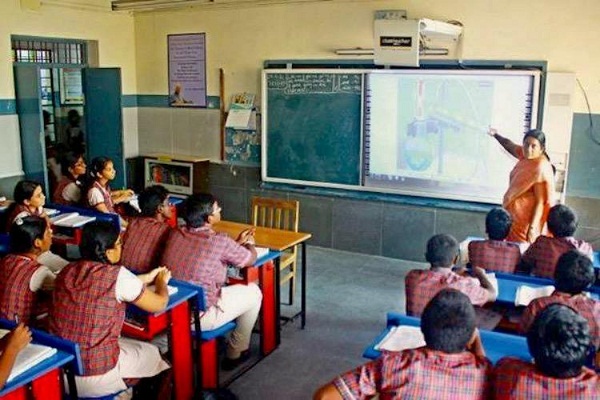In a major development, the Delhi High Court issued notice to the Central Board of Secondary Education (CBSE) on a petition against increasing the board exam fee for class X and XII for the year 2021. A division bench of Chief Justice DN Patel and Justice Prateek Jalan asked the Centre, the Delhi government and the CBSE to file a reply on the petition filed by a registered society, Parents Forum for Meaningful Education, and listed the matter for further hearing on November 12.
The petitioner society, represented by advocates PS Sharda and Kshitij Sharda, said that the CBSE for the year 2019-2020 arbitrarily enhanced its board exam fee for Class X and Class XII by two folds as compared to the year 2017-2018 and several folds as compared to 2014-2015.
Also read: CBSE launches practical workbook for mathematics
“Issue a writ in nature of Mandamus, certiorari, quo-warranto or such other appropriate writ order or direction to the respondents as deemed fit and just by this court to direct Delhi government to permanently sort out the matter of payment of the fee for students in its school for the board examination for Class X and Class XII with other respondents — CBSE and Centre — to protect their eligibility to take the Board Examination conducted by the CBSE for the classes X and XII,” the plea said.
The plea sought to issue necessary directions in matters of fee demanded from children for the academic year 2020-2021 ensuring that no prejudice is caused to the eligibility of any child taking board exam for the year 2021 for class X and XII on account of non-payment of fee.








